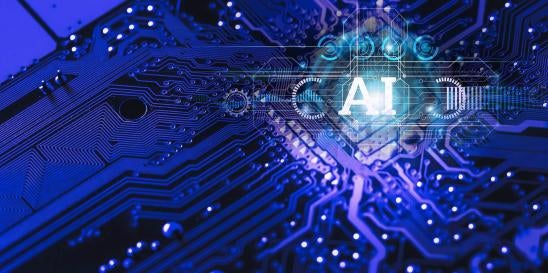Deputy Attorney General Lisa Monaco’s (“Monaco”) recent remarks at Oxford University shed light on the evolving intersection of artificial intelligence (“AI”) and the criminal enforcement landscape and its profound implications for the United States Department of Justice and beyond. As the Chief Operating Officer of the Department of Justice, Monaco’s insights underscore the critical importance of understanding and navigating the complex relationship between AI and criminal defense, particularly in the realm of white collar crime.
The early portion of Monaco’s address focused on the requirement for the Department of Justice to establish robust governance frameworks to control the use of AI in law enforcement activities. These activities include rigorous stress testing of AI applications to ensure fairness, accuracy, and safety, particularly in scenarios such as identifying criminal suspects or supporting sentencing decisions. For white collar criminal defense attorneys, understanding these governance mechanisms is essential in crafting effective defense strategies and advocating for their clients’ rights within this evolving legal framework.
Monaco’s acknowledgment of AI as a double-edged sword resonates deeply within the legal community. While AI holds immense potential to enhance law enforcement capabilities, it also poses significant challenges, ranging from exacerbating existing biases to facilitating the commission of sophisticated cybercrimes. As AI continues to evolve, attorneys must remain vigilant, adapting and evolving their strategies to effectively advocate for their client’s interests.
Moreover, Monaco’s emphasis on the need for accountability and deterrence in addressing AI-related offenses underscores the legal ramifications for potential defendants. As AI continues to enhance the sophistication and scale of criminal activities, prosecutors may seek stiffer penalties for offenses exacerbated by the misuse of AI. Monaco likened these enhanced penalties to extant penalty increases for crimes committed with a firearm. She even noted the possibility for further penalty enhancements should the need arise. This heightens the importance for white collar criminal defense attorneys to anticipate and address the unique challenges posed by AI in their defense strategies. Much like during the emergence of the internet, developing an understanding of this new technology and its applications is essential for ensuring comprehensive protection for clients.
In sum, Monaco’s remarks are indicative of the Department of Justice’s commitment to fostering collaboration and dialogue in the AI space by engaging with diverse stakeholders, from backgrounds including civil society, academia, science, and industry. For white collar criminal defense attorneys, engagement with these initiatives presents an invaluable opportunity to stay abreast of emerging trends, insights, and regulatory developments in AI governance. By actively participating in these discussions, attorneys can both shape the future of AI driven legal challenges and better advocate for their clients’ interests. AI will continue to permeate every aspect of the legal system, from investigation to prosecution and defense. Accordingly, attorneys must remain proactive in understanding the emergence of AI’s implications and leverage opportunities to safeguard their clients’ rights.





 i
i


